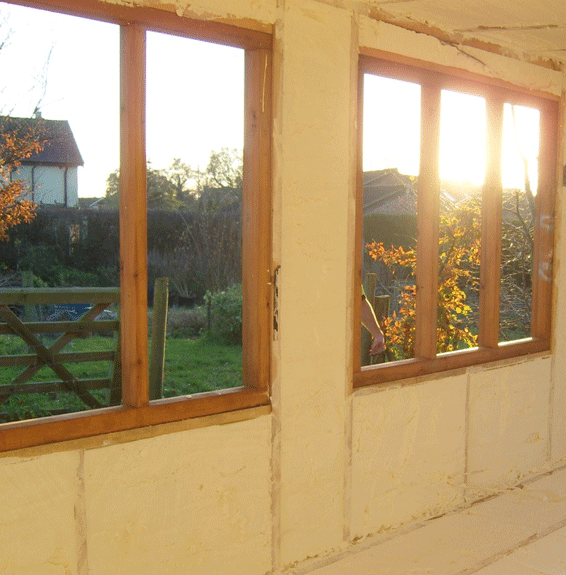
Going green can help sell your home as buyers return
Many people have started home-hunting again since the government eased certain lockdown restrictions in England recently.
Despite the problems of setting up socially distanced and safe physical viewings, many buyers have realised they could sell up and could continue to work from home in a new and more pleasant setting.
They have decided they could leave a busy and noisy city life and move to a quieter rural location with a garden such as Shropshire and Mid Wales where they can get a lot more for their money.
But for those wanting to sell, new research shows that it pays to make your home more energy-efficient, says Midlands green energy expert Ron Fox.
He said this would not only lead to cheaper fuel bills, but could also increase the value of your home, according to figures by the Department of Energy and Climate Change.
But he warned that buyers’ tastes were changing. “If buyers are torn between two properties and one is much more energy efficient with good broadband that could be the deciding factor,” said Ron, of Noreus Ltd on the University of Keele Science and Innovation Park.
“The three areas they are particularly looking at,” he added, “are loft, cavity wall and solid wall insulation.”
Without loft insulation homes lose a quarter of their energy – it literally goes through the roof.
The Energy Saving Trust said a third of homes in the UK have less than 150mm of loft insulation whereas the recommended level is 270mm.
Secondly, cavity wall insulation: If your home was built after 1920 and before 2000 the external walls are likely to be two layers with a gap between them. Cavity wall insulation plugs that space and keeps the heat in, saving around £150 a year.
Thirdly, solid wall insulation wraps the outside of the house so keeping the inside warmer and energy bills lower.
These changes are now even more important, said Ron, as every property must have an Energy Performance Certificate (EPC), whether householders are wanting to rent out or sell a home.
To get an EPC, which is valid for ten years, a vendor should contact a Domestic Energy Assessor who will measure a home’s energy efficiency from the lowest level G to the highest A, which will have both lower energy bills and carbon emissions.
About half of homes in the UK are rated D. But improving your EPC from band D to B will add £16,000 on average to the sale price, according to the Government.
“Most new-build properties have a rating of C or B,” said Ron, “but few homes reach A. It is relatively easy to boost your home from G to E or from E to D, but to get a rating of A you need to start producing your own electricity or hot water using solar panels, solar thermal or air-source heat pumps.”
For help with your Energy Performance Certificate (EPC), or advice on loft and cavity wall insulation contact Ron, who is an Domestic Energy Assessor, on 01782 756995.




